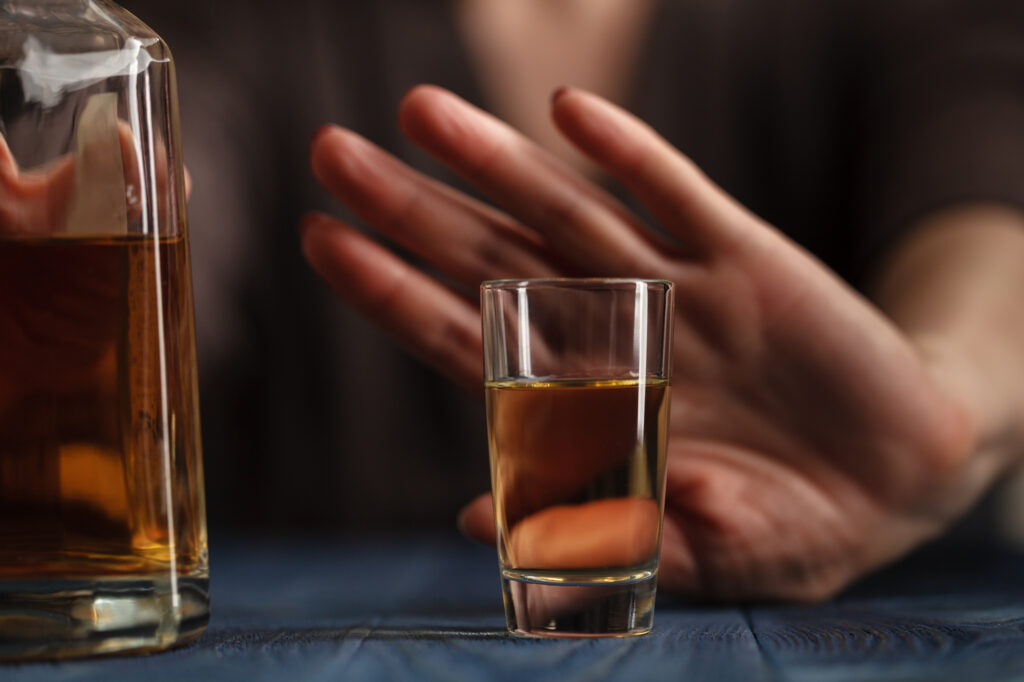It might be more serious than you think
At Her Harbor, an all-female treatment facility in Fresno, California, the mission is clear: reshape the conversation around alcohol and addiction, particularly among women. The stigmatization of addiction has long overshadowed the need for a nuanced understanding of this complex issue, and we’re dedicated to changing that narrative.
Do You Have a Drinking Problem?
For many women alcohol is a social lubricant used occasionally to enhance their enjoyment of a social situation. For others, however, it can quickly turn into something more insidious. While many women think their drinking is under control, or that they simply need to “cut down,” drinking may be a larger problem. If you’re binge-drinking on the weekends or if you’re relying on alcohol to connect with your friends or relieve stress, you may have a problem.
Despite its legal status, alcohol is a dangerous substance. One of the more insidious effects of alcohol is its impact on the brain’s ability to function, particularly through the neurotransmitter GABA. This substance is crucial for managing stress and anxiety but is also the primary neurotransmitter affected by alcohol. Over time, reliance on alcohol to modulate GABA can impair one’s ability to think clearly and connect genuinely with others.
A New View of Alcoholism
Alcoholism and addiction are not lapses in willpower—they often involve inherent physiological elements that are misunderstood. Addiction can be likened to an “allergy” of sorts. This concept, first proposed nearly a century ago by Alcoholics Anonymous, suggests a radical, inherent adverse reaction to substances like alcohol in certain individuals. Natasha Davis, CFO of Her Harbor, explains, “If more women understood that their inability to ‘leave alcohol on the table’ might be due to deeper biological factors, not a personal failing, we could address alcoholism much more effectively.”
Her Harbor seeks to empower women by helping them recognize the signs of alcohol misuse in its nascent stages. This is crucial in a society where the line between social drinking and problematic drinking is often blurred.

Understanding Drinking Norms
So, what is the line between drinking socially and drinking to escape? Here’s a breakdown:
Recreational or Social Drinking: This is defined as moderate drinking that doesn’t produce adverse effects in daily living. Typically, this might mean a drink with friends or a glass of wine at dinner.
Heavy Drinking: This refers to consuming eight or more drinks per week for women, as outlined by the CDC. Heavy drinking can lead to health risks, including liver diseases, cardiovascular problems, and increased risk of accidents.
Alcoholism: Also known as Alcohol Use Disorder, alcoholism is characterized by an inability to manage drinking habits despite negative personal and professional consequences. It often includes a physical dependency on alcohol. Alcoholics Anonymous defines it as an inability to stop drinking once you’ve started, or an inability to stay stopped, even if you want to.
If you think you might have a problem with alcohol, use the Center for Disease Control’s self-assessment tool to screen for alcoholism or heavy drinking.
Get Help Today
Her Harbor’s approach is about preempting the loss that can accompany untreated addiction. “You don’t have to lose your life, kids, or house before you seek help,” says Davis. By promoting an understanding that addiction can stem from factors beyond one’s control, Her Harbor aims to foster a supportive environment where recovery is rooted in compassion and scientific understanding.
As the conversation around women and alcohol continues to evolve, Her Harbor remains a beacon for those seeking a way out of the shadows of stigma and into the light of recovery. Ready to get help? Reach out to our admissions team today.
How to Get Help

Stephanie Patrick-Calvillo, PMHNP-BC, is a dedicated and compassionate board-certified Psychiatric Mental Health Nurse Practitioner with experience providing mental health care across diverse populations and clinical settings. With a strong background in both outpatient and inpatient psychiatric care, Stephanie is committed to fostering a supportive and collaborative therapeutic environment. She integrates evidence-based medication management with psychoeducation and lifestyle interventions to promote holistic well-being.
